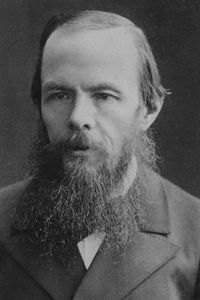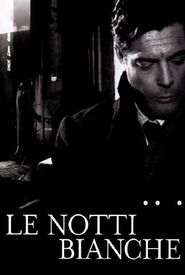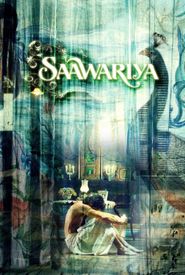Person biography:
Fyodor Mikhailovich Dostoevsky was born on November 11, 1821, in Moscow, Russia. He was the second of seven children to Mikhail Andreevich and Maria Dostoevsky. His father, a doctor, was a member of the Russian nobility and owned serfs.
As a child, Fyodor witnessed the rape of a young female serf and suffered from epileptic seizures. He was sent to a boarding school where he studied sciences, languages, and literature.
Dostoevsky's mother died in 1837, and he moved to St. Petersburg. He graduated from the Military Engineering Academy and served in the Tsar's government for a year.
Dostoevsky was active in St. Petersburg literary life, growing out of his early influence by Nikolay Gogol and translating "Eugenia Grande" by Honoré de Balzac in 1844. He published his own first novel, "Poor Folk", in 1845, and became friends with Ivan Turgenev and Nikolai A. Nekrasov.
However, his friendship ended abruptly after they criticized his writing. Dostoevsky became indirectly involved in a revolutionary movement, for which he was arrested in 1849, convicted of treason, and sentenced to death. His execution was called off at the last minute, and his sentence was commuted to a prison term and exile in Siberia.
After serving ten years in prison and exile, Dostoevsky regained his title in the nobility and returned to St. Petersburg with permission from the Tsar. He abandoned his formerly liberal views and became increasingly conservative and religious.
Dostoevsky married his loyal friend and literary secretary, Anna Snitkina, in 1867, and they had four children. He died on February 9, 1881, of a lung hemorrhage caused by emphysema and epileptic seizures.













































